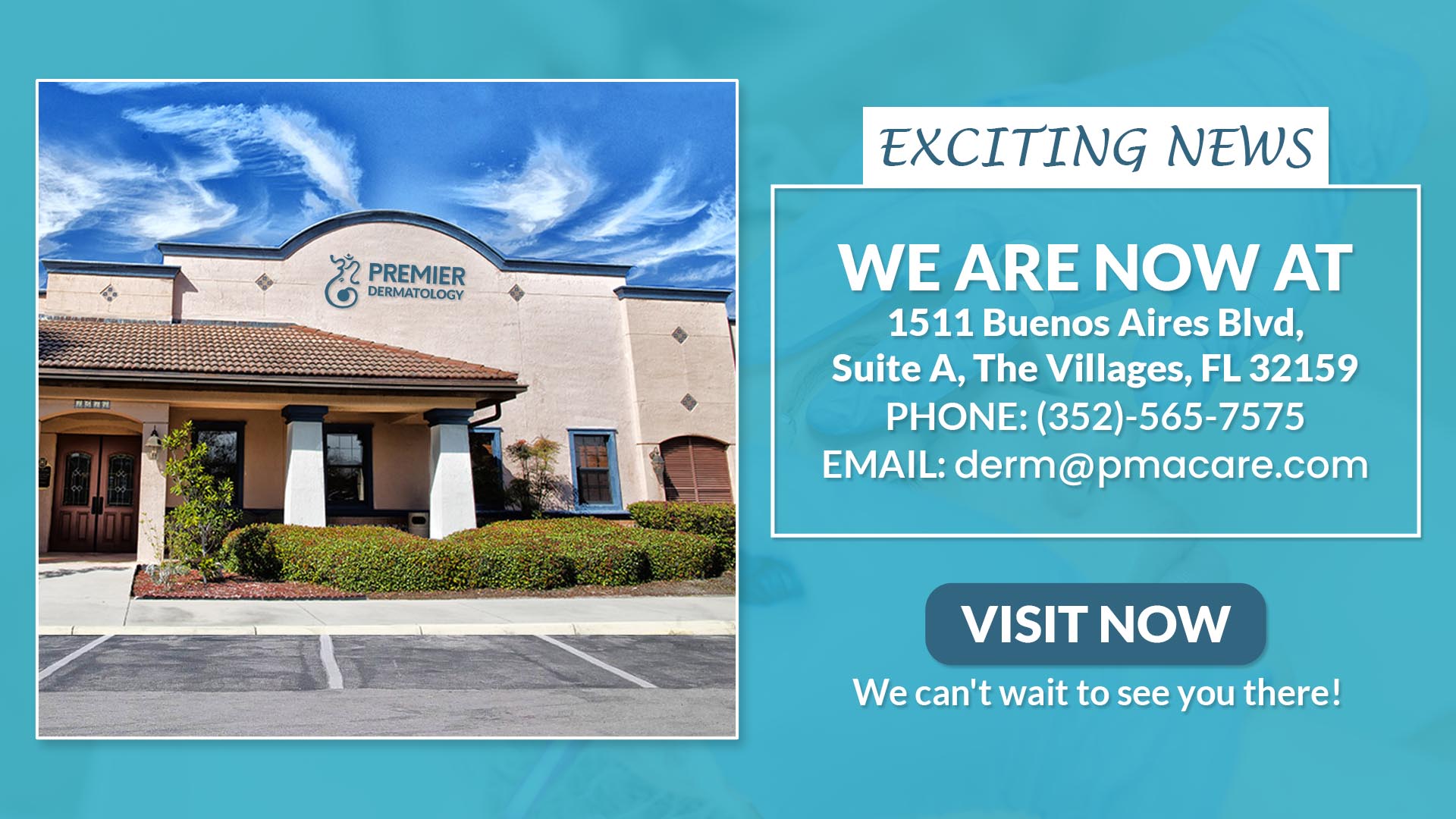One of the most common skin conditions that affects millions worldwide, irrespective of age, gender, or ethnicity is Acne. The reality of acne is that the roots go deeper into the complexities of our skin’s physiology and hormonal balance. This skin condition is so common and it’s the skin condition that causes pimples on your face but it’s actually the clogged pores that cause acne. There are treatments that are available to clear acne from your skin and prevent scarring. The best way to deal with this is to consult a skincare physician.
Breaking down what causes acne
The primary cause of acne is due to the interaction between several factors like excess oil production, clogged hair follicles, bacterial colonisation, and inflammation. The pivotal role is played by the skin’s hair follicles and sebaceous glands in the development process. Sebum is an oily substance produced by these glands and when it’s in balance it normally helps lubricate the skin and hair. On the other hand, when it is in excess form sebum mixes with dead skin cells and bacteria, clogging the follicles, and leading to the formation of acne.
Causes:
- Hormonal imbalance: A group of hormones that includes testosterone, plays a significant role in acne development – Androgens. It is during puberty; that these hormones stimulate the sebaceous glands to produce more sebum. Hormonal imbalance during the menstrual cycle, pregnancy and polycystic ovary syndrome (PCOS) can also contribute to acne.
- Genes: Genetic predisposition can affect your likelihood of developing acne.
- Environment: Pollutants, humidity, and certain cosmetics can contribute to encouraging acne by clogging pores and promoting inflammation.
- Stress: Chronic stress can trigger hormonal imbalances that can cause acne. Stress-induced inflammation can also worsen existing conditions.
Types-
There are several types of acne and they include:
- Fungal acne: Also known as pityrosporum folliculitis, this fungal acne occurs when yeast builds up in your hair follicles. It can be itchy and inflamed.
- Cystic acne: Cystic acne causes deep, pus-filled pimples and nodules on the face and these have a high risk of causing scars.
- Hormonal acne: Hormonal acne affects adults who have an overproduction of sebum that clogs their pores, which results in painful lumps.
- Nodular acne: This is a severe form of acne that causes pimples on your skin, and tender, nodular lumps under your skin.
All of these forms of acne can affect the individual’s self-esteem, and both cystic and nodular acne can lead to permanent skin damage. So it’s best to seek help from the best dermatologist near you so they can determine the best treatment options.
Common places where you can have acne
- Face
- Forehead
- Chest
- Shoulders
- Upper back
Oil glands exist all over the body and the common locations of acne are where oil glands exist the most.
Trigger points of acne:
There are certain things in the environment contribute to acne or they can make acne breakout worse, they include the following:
- Wearing tight and fitted clothes and headgear like hats and sports helmets.
- Air pollution along with certain other weather conditions and especially high humidity.
- Using greasy personal care products, like heavy lotions and creams, or working in an area where you routinely get into contact with grease, such as working at a restaurant with frying oil.
- Stress hormones, which increase the hormone cortisol.
- Side effects of certain medications.
- Picking at your acne, is the worse.
Treatment Options
Topical Treatments:
- Retinoids: They help unclog pores and reduce inflammation promote cell turnover, and prevent the formation of new acne.
- Benzoyl Peroxide: This agent kills acne-causing bacteria and reduces inflammation.
- Salicylic Acid: This is an exfoliating agent that helps unclog pores and reduce inflammation.
Medications:
- Antibiotics: Oral antibiotics can control bacterial growth and inflammation.
- Hormonal Therapy: For women with hormonal acne issues, medications can help regulate hormone levels.
- Isotretinoin: This is reserved for severe cases, as it is a powerful medication that targets all aspects of acne development.
Procedures:
- Chemical Peels: It is an exfoliating treatment, that helps improve skin texture and unclog pores.
- Laser and Light Therapies: Light-based therapies target bacteria and inflammation, reducing acne.
- Extraction: Dermatologists can safely remove acne, blackheads and whiteheads using medically approved tools.
Skincare:
- Gentle Cleansing: Regular cleansing with a mild cleanser helps.
- Non-comedogenic Products: Choose skincare and makeup products that have a certified label as non-comedogenic.
- Sun Protection: Prevent post-inflammatory hyperpigmentation by using broad-spectrum sunscreen lotion.
You’re not alone, If you have acne. Acne is the most common skin condition faced by most people. An estimated 80% of people aged between 11 – 30 will have at least experienced a mild form of acne.
At Premier Dermatology we have the best dermatologist in the area who can give you the right solution and treatments that will suite your skin type the best.



